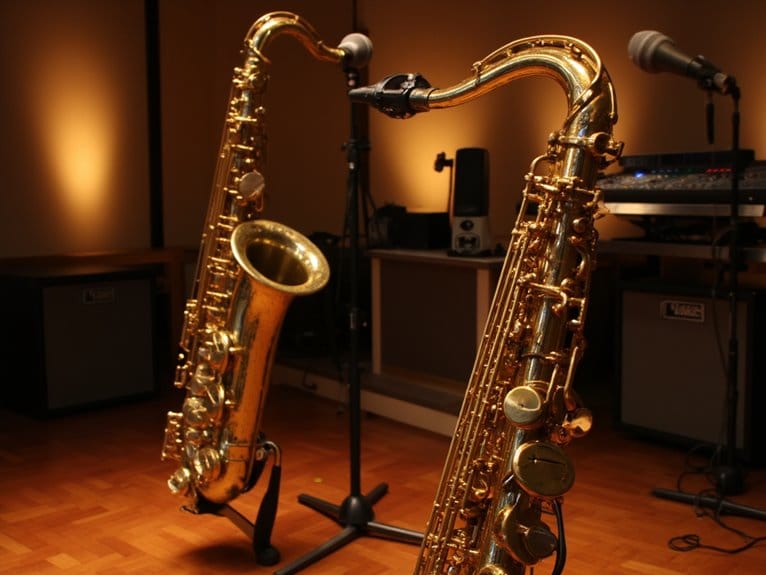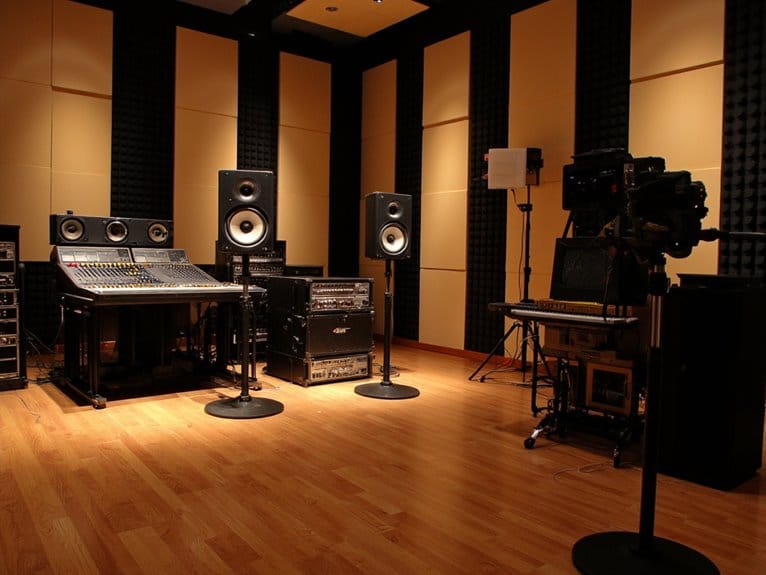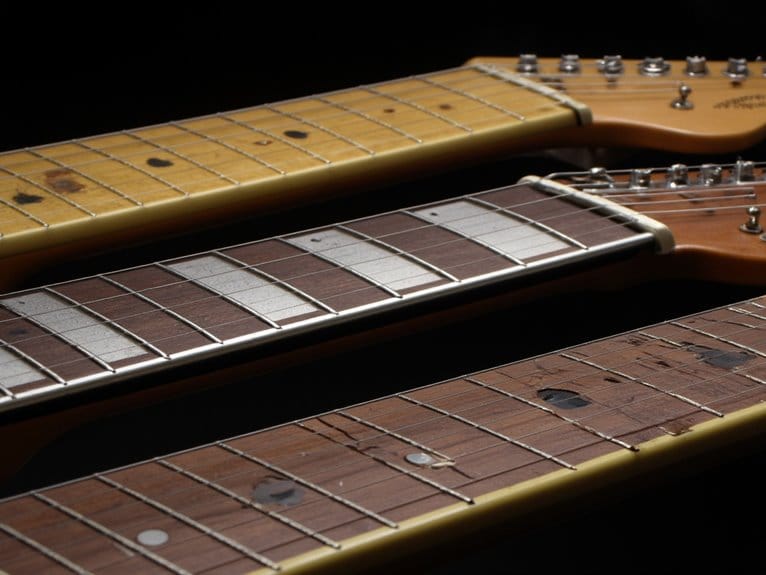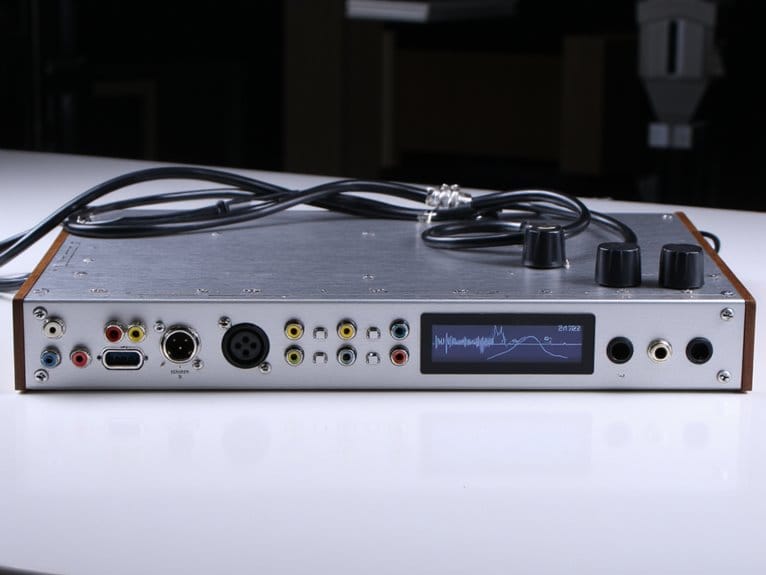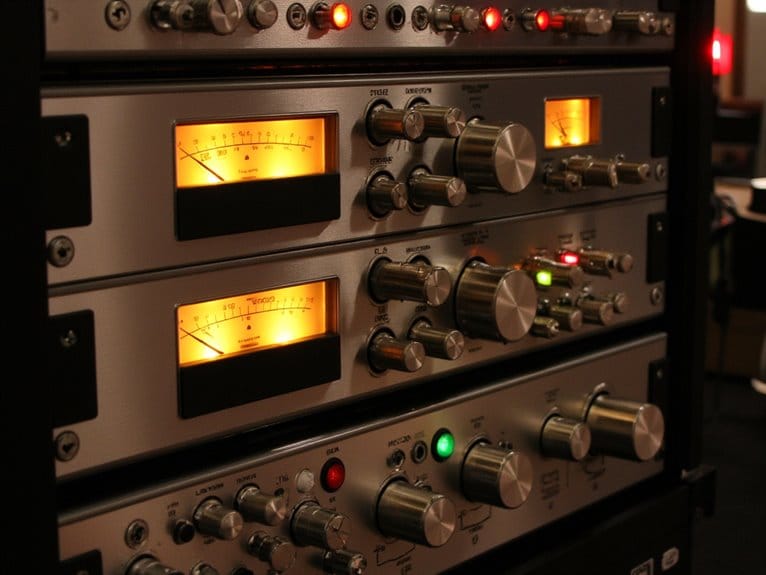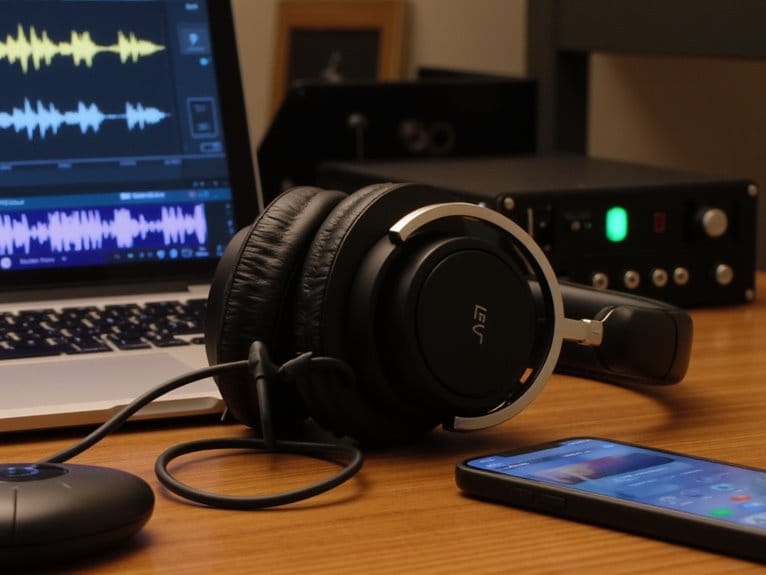What Is the Best First Instrument?
Selecting the ideal first instrument can be a formidable task, but fear not! The best instruments for beginners share a common thread – they provide a solid musical foundation, are easy to learn, and offer a gateway to exploring various genres and styles. The piano, for instance, develops hand-eye coordination and fine motor skills, while the guitar and ukulele offer versatility in both acoustic and electric forms. Drums provide infectious energy, the violin exudes classical charm, and the recorder is simple and accessible. Ultimately, the best first instrument is one that resonates with you, and with so many options, the perfect harmony awaits – let's discover it!
We are supported by our audience. When you purchase through links on our site, we may earn an affiliate commission, at no extra cost for you. Learn more.
Piano: The Versatile Favorite
What makes the piano an ideal first instrument for many musicians is its unique ability to simultaneously develop hand-eye coordination, fine motor skills, and musical understanding. As beginners learn to navigate the keyboard, they inherently cultivate finger independence, allowing each digit to move with precision and purpose. Proper hand positioning is also essential, as it enables efficient finger stretching and reduces fatigue. This harmonious union of physical and cognitive skills fosters a strong musical foundation, making the piano an excellent instrument for novices. Plus, its versatility in genres and repertoire guarantees that pianists can investigate a wide range of musical styles, keeping practice sessions engaging and fun.
Guitar: Acoustic or Electric
The guitar's dynamic duality, offered in both acoustic and electric forms, fascinates beginners with its accessibility and adaptability, making it an attractive first instrument for those seeking a versatile musical experience. When choosing between acoustic and electric, consider your playing style and the sound you want to achieve. Acoustic guitars, with their nylon or steel strings, produce a warm, intimate tone, ideal for fingerpicking and folk-inspired playing styles. Electric guitars, with their thinner strings, are perfect for rock, pop, and metal enthusiasts who crave a brighter, more aggressive sound. String selection is vital, as it affects playability and tone. Ultimately, the guitar's versatility allows beginners to experiment with different styles, making it an excellent first instrument for musical exploration.
Ukulele: Small but Mighty
Compact and agile, the ukulele's diminutive size belies its mighty sound, making it an irresistible first instrument for beginners seeking a fun, laid-back musical experience. With a rich history dating back to 19th-century Hawaii, the ukulele has evolved into a versatile instrument suitable for various genres. Its soft, nylon strings and gentle action make it easy on the fingers, perfect for beginners. Ukulele maintenance is also a breeze, requiring only occasional tuning and string replacements. Its compact size makes it portable and convenient, allowing you to practice anywhere, anytime. Whether you're a beach bum or a city slicker, the ukulele's carefree vibe and simplicity make it an excellent choice for your first musical adventure.
Drums: Rhythm and Fun
With their infectious energy and primal appeal, drums have a way of tapping into our inner rhythm, making them a thrilling first instrument for those seeking a fun, physically engaging musical experience. As a beginner, you'll quickly develop coordination and timing by mastering basic beat patterns, such as the 4/4 rock beat or jazz swing. But drums offer more than just a good time – they also have therapeutic benefits. Music therapy programs often incorporate drumming to help individuals with anxiety, ADHD, and even Alzheimer's disease. By exploring rhythmic expression, drummers can tap into their emotional selves, promoting relaxation and self-awareness. So, grab those sticks and get ready to release your inner rhythm!
Violin: Classical Charm
From the soaring melodies of Vivaldi to the mournful laments of Bach, the violin has been the cornerstone of classical music for centuries, offering beginners a rich and expressive sonic palette to discover. With its compact size and versatile range, the violin is an excellent choice for young musicians. Mastering finger placement on the fretboard is vital, as it allows for precise intonation and nuanced expression. Meanwhile, bowing techniques such as legato and staccato add texture and emotion to your playing. As you navigate the intricacies of violin technique, you'll reveal a world of classical charm, from the elegance of Mozart to the drama of Tchaikovsky. With dedication and practice, the violin will release a lifetime of musical exploration and discovery.
Recorder: Simple and Accessible
One recorder in the hands of a curious beginner can unseal a rich repository of musical possibilities, thanks to its intuitive fingerings and forgiving pitch range. This humble woodwind instrument is an excellent introduction to breath control techniques, teaching young musicians to modulate their airflow for subtle tone variations. As a bonus, the recorder's simplicity makes it an ideal instrument for solo performances, allowing beginners to shine in the spotlight. With minimal maintenance and easy portability, the recorder is a great first instrument for kids and adults alike. Its accessibility opens doors to a world of musical exploration, making it an excellent choice for those taking their first steps in music-making.
Harmonica: Pocket-Sized Power
Any curious musician can trigger a torrent of soulful melodies from the humble harmonica, an instrument so compact it can fit in a pocket yet packs a punch with its rich, resonant tones. With a storied Blues history, the harmonica has been a cornerstone of American music for centuries. To release its full potential, mastering breathing techniques is essential. By controlling diaphragmatic breathing, harmonica enthusiasts can produce a range of dynamic tones, from soft whispers to loud, wailing cries. With practice, harmonica players can bend notes, create vibrato, and add emotional depth to their playing. Whether you're a seasoned pro or a curious beginner, the harmonica's pocket-sized power makes it an ideal instrument for musicians of all levels.
Bass Guitar: The Rhythm Section
While the harmonica's portability makes it a convenient choice, the bass guitar's low-end punch and rhythmic authority make it the backbone of any band, providing the sonic foundation upon which melodies are built. As the rhythmic roots of a song, the bass guitar lays down the funky foundations that get people moving. With its rich, full-bodied tone, the bass guitar is the glue that holds the rhythm section together. Plus, its relatively simple fingering system makes it an accessible instrument for beginners. So, if you're looking to create a solid groove and anchor your band's sound, the bass guitar is an excellent choice as a first instrument.
Keyboard: Electronic Ease
With its vast array of timbres and textures, the keyboard offers an unparalleled level of sonic versatility, making it an attractive choice for beginners seeking to explore into the infinite possibilities of electronic music. The digital diversity of keyboards allows for effortless genre-hopping, from classical to techno, and everything in between. Furthermore, modern keyboards are designed with portability in mind, making them ideal for portable practice sessions. Whether you're a bedroom producer or a gigging musician, the keyboard's lightweight design and compact footprint guarantee that inspiration can strike anywhere, anytime. Plus, with built-in lessons and tutorials, keyboards have never been more beginner-friendly. So, if you're looking for an instrument that combines creative freedom with convenience, the keyboard is an excellent choice for your musical journey.

